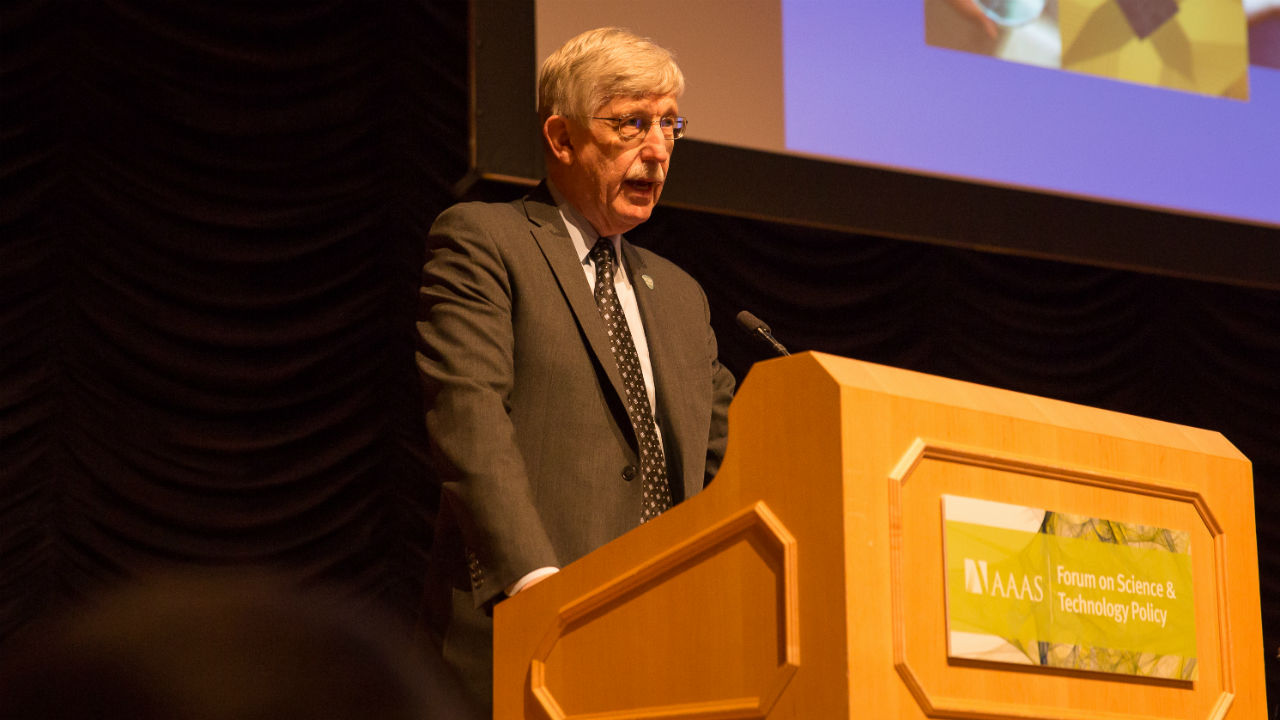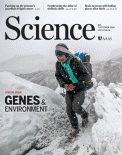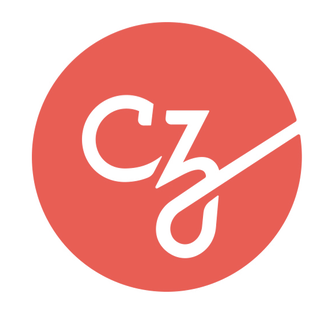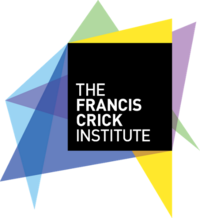My Lessons in Mentorship
When I started formally mentoring undergraduate and graduate students almost 2 years ago, I was excited about the opportunity to help young scientists grow, but I was also nervous about the responsibility.
Send us a link
When I started formally mentoring undergraduate and graduate students almost 2 years ago, I was excited about the opportunity to help young scientists grow, but I was also nervous about the responsibility.
Long-time physician-scientist retains job he has held since 2009.

ORCID wasn't intended as a massive longitudinal survey of human migration, but with 3 million profiles and growing, it is becoming just that.
The European Commission, which spends more than €10 billion annually on research, may set up a “publishing platform” for the scientists it funds, in an attempt to accelerate the transition to open-access publishing in Europe.
Over a 27-year period, 10% of NIH grants generate a patent directly but 30% generate articles that are subsequently cited by patents.
Last month I found myself sitting on a leather couch, my black dress smoothed over my knees, in a hushed wood-paneled room in Washington, D.C.
It started with a tweet, but now it's an international movement. Spurred by concerns about the impact President Donald Trump's administration might have on research, the March for Science is "a call to support and safeguard the scientific community."
When a new grad student indicates an interest in an academic career, I ask, “So you want to be a Hollywood producer?”
How Science is doing on the front of gender imbalance in authorship.
In Germany, negotiations between scientific publishing company Elsevier and a consortium of hundreds of universities, technical schools, research institutes, and public libraries stalled in December 2016. As a result, more than 60 institutions have lost their online access to Elsevier's journals effective 1 January, although some can still access archived articles published before that date. The price of the journals is only part of the problem.
In order to reduce its gender imbalance, the Royal Netherlands Academy of Arts and Sciences in Amsterdam will hold special election rounds, one in 2017 and one in 2018, for which only women can be nominated.
Every state wants to be home to the next Google or Facebook. But it’s no coincidence that those companies are located in California. The latest data from the National Science Foundation (NSF) show that three of every 10 corporate research dollars are now spent in California.

Long-term basic research, substantially funded by the U.S. government, underlies some of industry's most profitable innovations.
Failing to record the version of any piece of software or hardware, overlooking a single parameter, or glossing over a restriction on how to use another researcher's code can lead you astray.

Climate change, biodiversity loss, antibiotic resistance, and other global challenges pose major collective action problems: A group benefits from a certain action, but no individual has sufficient incentive to act alone.

The Greek government is trying to stop the nationwide brain drain stemming from global financial crisis. This week, the parliament was expected to take up legislation to create the Hellenic Foundation for Research and Innovation (HFRI), modeled after the German Research Foundation and the U.S. National Science Foundation.
Last week, Priscilla Chan and Mark Zuckerberg announced their new philanthropic initiative with the goal of “curing, preventing, and managing all diseases by the end of the century.” This may raise some eyebrows, but this effort—part of the $45 billion Chan Zuckerberg Initiative—joins forces with other philanthropists to push the envelope and support audacious ideas, with long-term commitments, to solve some of our greatest challenges.

As part of its new 13th 5-year plan, the Chinese Academy of Sciences this month unveiled plans for a national science center...
This week, the first of 1500 researchers and support staff begin moving into the largest biomedical research building in Europe, the £650 million Francis Crick Institute in London.

How do we ensure the effective role of science in public policy-making? This well-worn, long-standing question reflects the fact that the answer is not simple. Later this month in Brussels, scientists and policy-makers will convene at the International Network for Government Science Advice (INGSA) Forum to consider the most promising ways forward.
